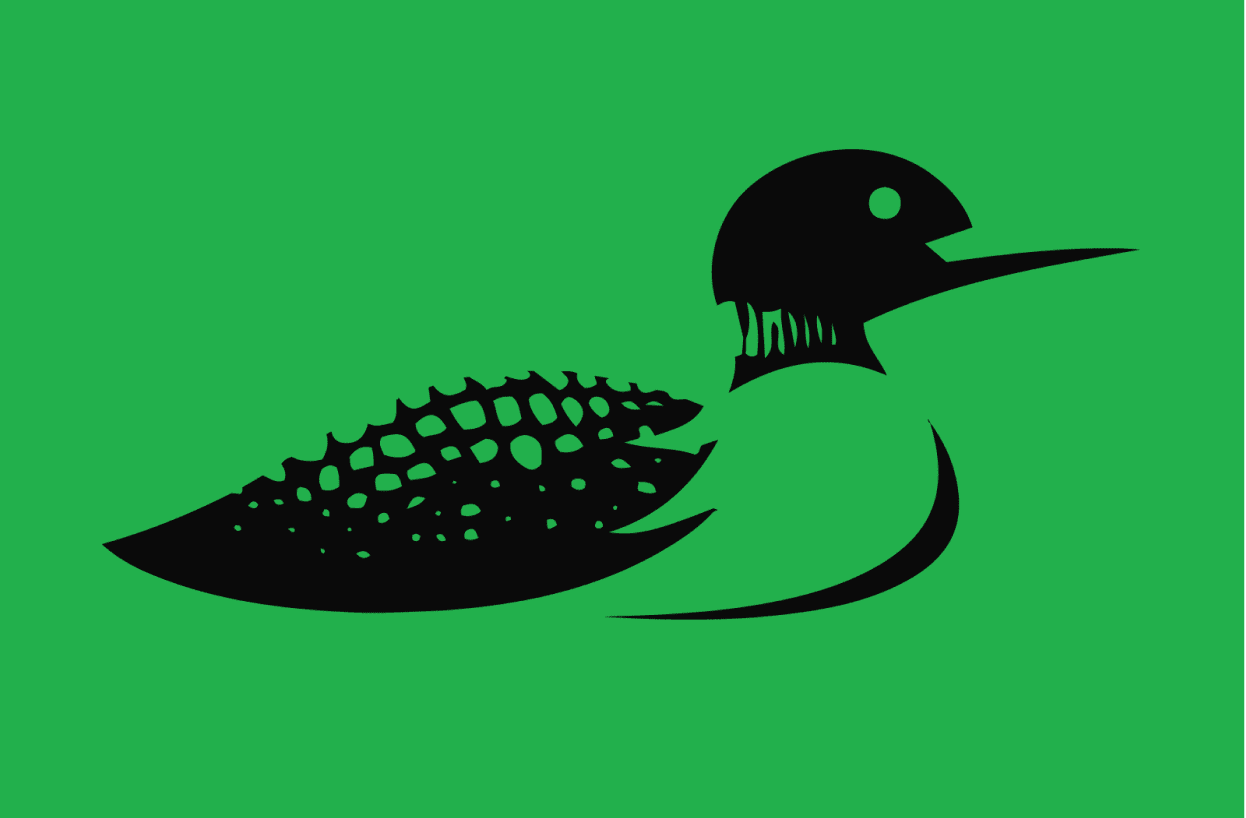
This whole city is a COVID-19 hot spot now, says Calgary Mayor Naheed Nenshi, so there’s not much sense in
.
“Every neighbourhood in the city is well above India,” he said Thursday, referring to the infection rate per 100,000 people.
Nenshi was trying his best to get the city’s complete attention. With comments like that, it might have worked.
The mayor feels that many people are too complacent after a year of cascading emergencies.
The arrival of vaccines feeds that leisurely attitude, sometimes with a bit of help from the province.
Just get your shot and comply, Premier Jason Kenney has urged, and we’ll soon have “the best summer in Alberta’s history.”
The premier wasn’t making that promise Thursday. Rather, he announced
"hot-spot" measures for areas with high case counts
, including Calgary.
By no coincidence, many of his rural MLAs from areas with low case numbers were demanding exemptions from provincewide measures.
But the mayor and the premier pressed the same message about the extreme danger of the new COVID-19 surge.
It was reinforced by chief medical officer of health Dr. Deena Hinshaw, who is isolating with a sore throat and appeared from home.
Nenshi says vaccines will win the long-term war, but the virus still dominates and could quickly roar out of control.
If that happens, he says, “there are not a lot of moves left on the chessboard.”
By the numbers, he’s absolutely right. Infections in Calgary are higher now than they were in the January peak of the second wave, and that was far worse than last spring.
But the feeling on the streets and patios is that we’re already through this, not much to worry about.

Nenshi counters that there’s never been a higher chance of getting sick.
He spoke of a friend who got vaccinated, and then a few days later fell ill and ended up in ICU.
That’s just awful luck. Maybe the friend was infected even before getting the shot.
But one suspects that a lot of people, after they get that first shot, are behaving as if it’s all good.
The premier and the mayor both say they understand the extreme frustration many people feel. Nenshi, a superb crisis communicator, is just a lot more vivid about it.
“You can hate the prime minister, you can hate the premier, you can hate the mayor,” Nenshi says — but for now, please listen up and comply.
The reality is that Alberta is facing a whole new kind of pandemic. Our daily case rate is the second highest in all of Canada and the U.S., after Michigan.
Last year, the constant message was that the crisis would end once the horrible carnage among the elderly was contained.
Today, there’s no longer a pandemic for Albertans 70 and older, but we’re in worse trouble than ever.
During the week of April 21 to 27, there were only 272 new cases among those 70 and over.
That’s the power of vaccination.
But in the same week, 2,236 new cases were recorded among those aged 30 to 39.
The numbers are almost as high for Albertans aged 20 to 29 (1,992) and 40 to 49 (1,884).
Every younger age group is afflicted — even infants.
Sixty-seven children under age one caught COVID-19.
The illness also hit 462 children aged one to four, and 705 among those five to nine years old.
Young children don’t get very ill, we are told. Thank heavens for that, anyway.
On Thursday, the province announced vaccinations down to age 50, as well as shots for many specific groups.
The health measures have also been somewhat tightened up again, at least for most key cities. There is talk of curfews if they’re warranted and municipalities ask for them.
Once again, the province says that when vaccination is widespread, this nightmare will be over.
Maybe this time Albertans will believe it when they finally see it.
Meanwhile, there’s not much choice for reasonable people — get vaccinated and pay real attention to the restrictions.
Don Braid's column appears regularly in the Herald
Twitter:
Facebook:












